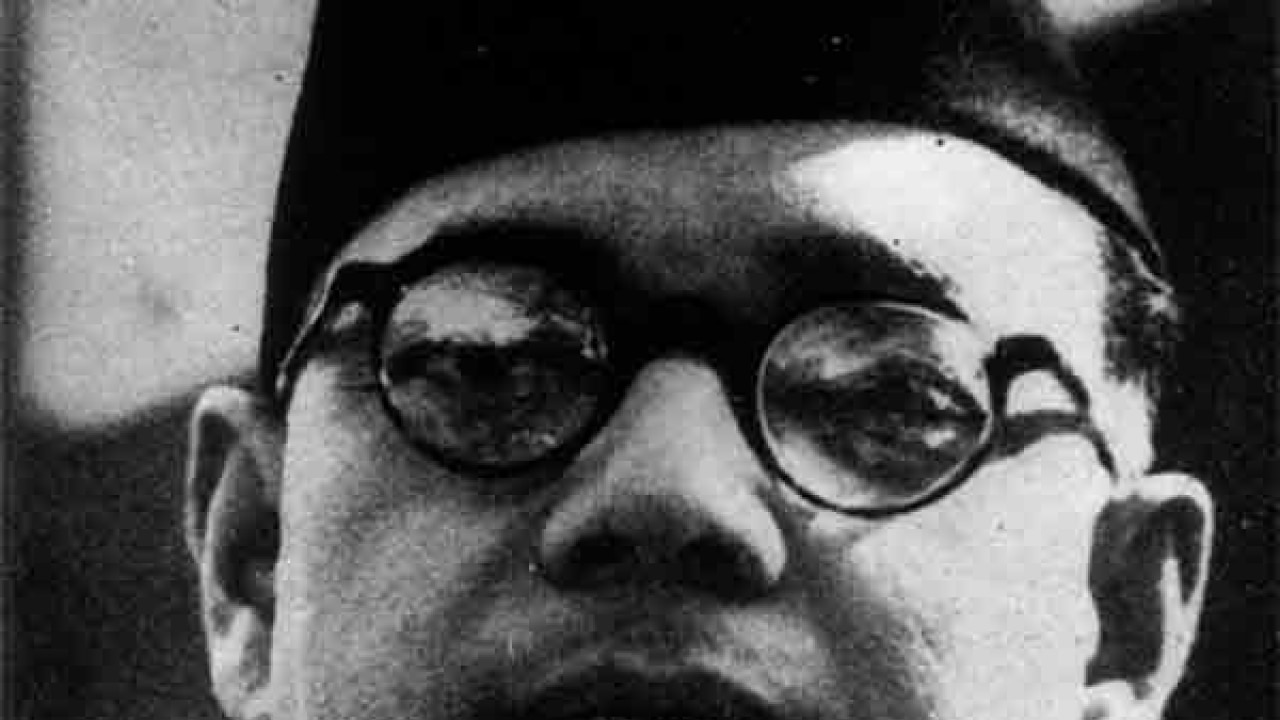
Dr Purabi Roy, a leading research investigator on the whereabouts of Netaji Subhas Chandra Bose after August 18, 1945, recently revealed that the archives of Radio Moscow containing volumes of broadcast files of Netaji’s speeches in Bengali and Punjabi were sold off in entirety to Japan. She stated this in her presidential speech — “The search for Netaji Subhas Chandra Bose” — in Kolkata at the Institute of Social and Cultural Studies. It appears that the seller was Rosarkhiv, the Federal Archival Agency of Russia that manages the State Archive of the Russian Federation (GARF). Roy taught Russian language at the University of Jadavpur for several decades and worked at several archives in Moscow including GARF during her visit to the erstwhile Soviet Union and post-USSR Russian Federation.
Known as Chandra Bose, the great patriot’s speeches, according to Roy, used to be “transmitted through the Soviet ‘TASS’ agencies” in Afghanistan, Germany and several other countries and these are declassified. But the so-called Netaji researchers do not exert pressure on the NDA government to approach the Japanese government for procuring copies of documents and records of archives?
The persistent demand for declassification of archives pertaining to Netaji in not only India, but Russia, Germany and Japan is justified, but the quest if afflicted with sensationalism. Sadly enough, some historians fail to insulate themselves from this ahistoric propensity. Professor Hari Sankar Vasudevan of the University of Calcutta said two years back that as a member of a three-member team, commissioned by the Asiatic Society of Calcutta, he worked at the Russian archives in the early 1990s in search of Netaji’s fate. But Prof Sobhanlal Dutta Gupta, an internationally renowned Comintern and Gramsci scholar who was a member of the team (the other was Prof Roy), in a communication to this writer, categorically stated that the “project had nothing to do with Netaji. It was a project to collect materials from the Russian archives between 1917-1947 concerning Indo-Russian relations. The two volumes published by the Asiatic Society bear evidence of that. Of course, if anything related to Bose was to be found, it would be included. But the papers, which we could access in 1995, did not contain any material on Bose. This misperception needs to be corrected.
The media, unfortunately, gives in to sensationalism — for instance, despite a clear verdict that the handwriting and DNA test of Gumnami Baba did not tally with Netaji’s, it continued with the stories. However, senior journalist Dhirendra K Jha furnished evidence that the Baba’s photograph was a computer-generated and digitally enhanced image of Netaji. It was obviously meant to feed the fantasies of conspiracy theorists. Dr VN Arora, formerly principal of the Saket Degree College, Faizabad, and a journalist who too believed that the Baba was Netaji, found cartons of cigarettes and bottles of Scotch whisky when he visited Baba’s room after his death. Netaji was never known to have been alcoholic. So Bose’s spiritual transformation into Gumnami Baba was perhaps a myth. Roy who never bought the Baba theory rightly says, “Every account of history” should undergo a “clinical and unbiased” scrutiny.
The author is a veteran journalist